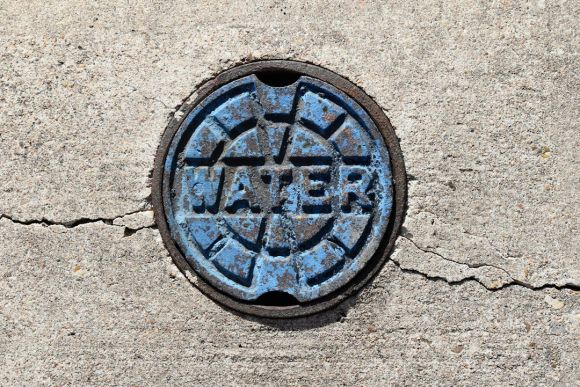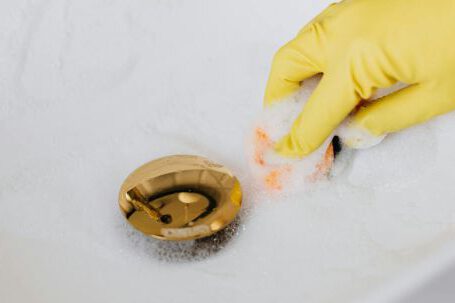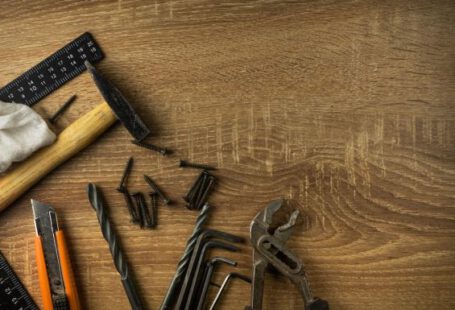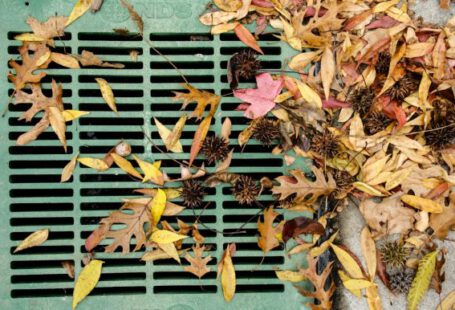Keeping the drains in your home clean and free from clogs is an important part of maintaining a healthy and functioning plumbing system. While it may be tempting to reach for chemical drain cleaners or call a professional plumber at the first sign of a clog, there are several safe and effective drain cleaning practices that homeowners can do themselves. In this article, we will explore some of these practices and provide you with valuable tips to keep your drains in tip-top shape.
1. Regular Maintenance
One of the best ways to prevent clogs and keep your drains running smoothly is to practice regular maintenance. This involves cleaning your drains on a routine basis, even when they are not clogged. To do this, you can use a mixture of hot water, vinegar, and baking soda. Simply pour a pot of boiling water down the drain, followed by half a cup of baking soda. After a few minutes, pour a mixture of one cup of vinegar and one cup of hot water down the drain. Let it sit for about 10 minutes and then flush with hot water.
2. Use a Plunger
When you do encounter a clog, your first line of defense should be a plunger. Plungers are effective tools for clearing minor clogs in sinks, toilets, and showers. To use a plunger, make sure there is enough water in the fixture to cover the rubber cup. Place the plunger over the drain and pump it up and down vigorously for about 20 seconds. This action creates pressure that can dislodge the clog. Repeat this process a few times if necessary.
3. Plumbing Snake or Auger
For more stubborn clogs, you may need to use a plumbing snake or auger. These tools are designed to reach deeper into the drain and break up or remove the clog. To use a plumbing snake, insert the end into the drain and turn the handle clockwise as you push it further into the pipe. Once you feel resistance, rotate the snake counterclockwise and pull it out. This should help break up the clog and allow water to flow freely again.
4. Natural Enzyme Cleaners
If you prefer to use a commercial product, opt for natural enzyme cleaners instead of chemical drain cleaners. Enzyme cleaners are eco-friendly and safe for your pipes. They work by breaking down organic matter and helping to prevent future clogs. Follow the instructions on the product label for the best results.
5. Avoid Chemical Drain Cleaners
While chemical drain cleaners may seem like a quick and easy solution, they can actually do more harm than good. These cleaners contain harsh chemicals that can corrode your pipes and cause further damage. Additionally, they pose a risk to your health if not used properly. It is best to avoid using them altogether and opt for safer alternatives.
In conclusion, maintaining clean and clog-free drains in your home is essential for a functioning plumbing system. By practicing regular maintenance, using a plunger or plumbing snake when needed, and opting for natural enzyme cleaners, homeowners can effectively clean their drains without causing harm to their pipes or themselves. Remember, prevention is key, so be mindful of what you put down your drains and avoid pouring grease, oil, or large quantities of food scraps. With these safe drain cleaning practices, you can ensure the longevity and efficiency of your plumbing system.



